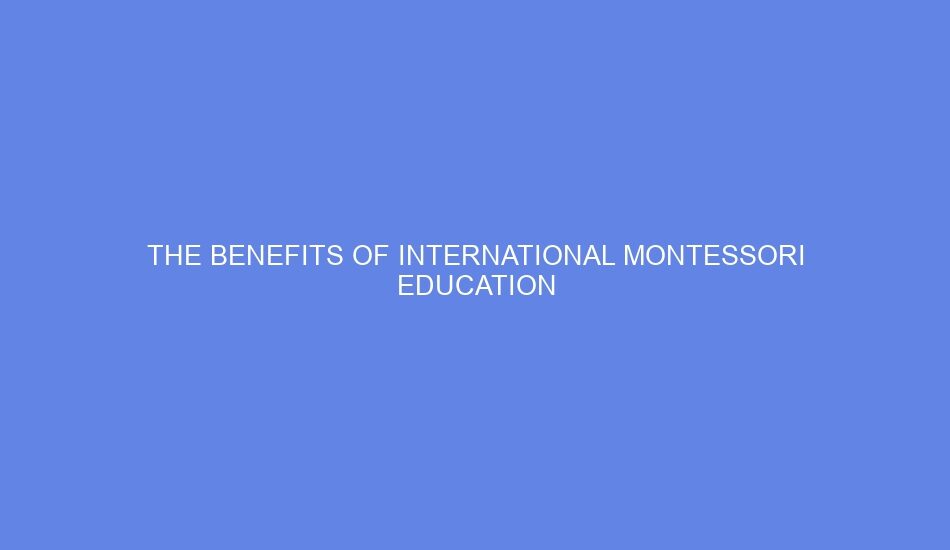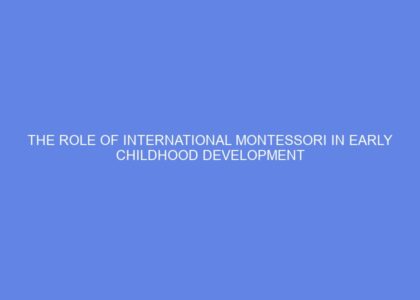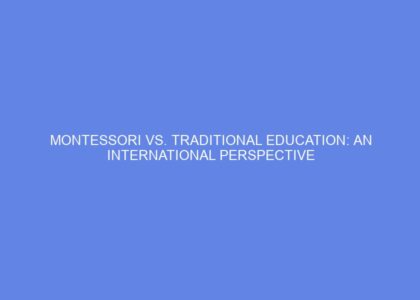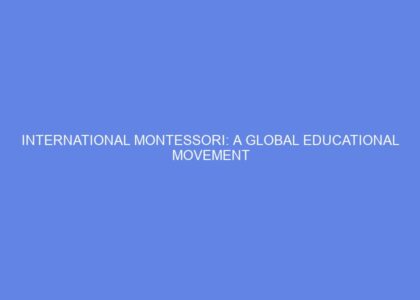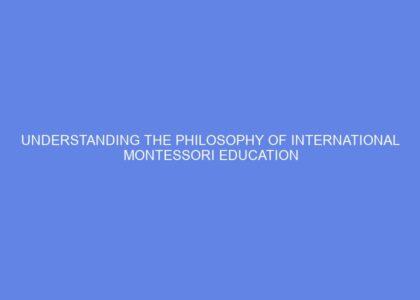International Montessori education offers a wide array of benefits that extend beyond academics, shaping well-rounded, confident, and independent learners. Rooted in respect for the child’s individuality, the Montessori approach nurtures lifelong learning habits, emotional intelligence, and a deep sense of curiosity.
One of the most evident advantages of Montessori education is its focus on self-directed learning. Students in Montessori classrooms are encouraged to choose activities that align with their developmental stage and interests. This sense of autonomy enhances motivation and engagement, leading to more meaningful and retained learning experiences.
Montessori education also fosters strong social skills. Multi-age classrooms create an environment where older students naturally take on mentoring roles, and younger students look up to their peers. This dynamic cultivates empathy, leadership, and cooperative learning.
Globally, Montessori classrooms place significant emphasis on hands-on learning. Montessori materials are specially designed to isolate concepts and help children learn through touch, movement, and exploration. These materials allow students to correct their own mistakes, promoting problem-solving and critical thinking.
Furthermore, Montessori education emphasizes peace, community, and respect for diversity—making it especially impactful in international and multicultural settings. Students learn about global cultures, geography, and the environment, developing a strong sense of global citizenship and environmental responsibility.
In conclusion, the benefits of International Montessori education are profound and lasting. It provides a holistic foundation that prepares children not only for academic success but for meaningful, responsible lives in a global society.
Nidhin
For More Details Call: +917510220582

